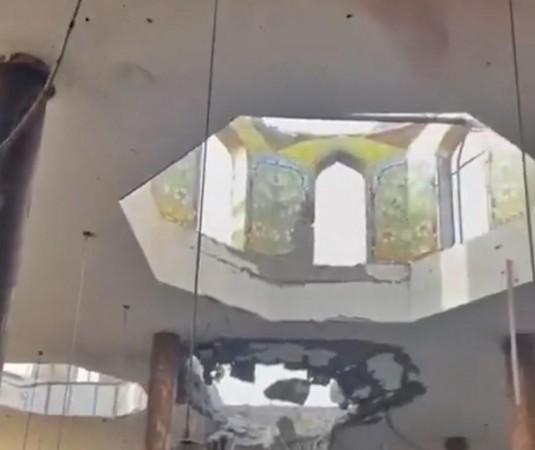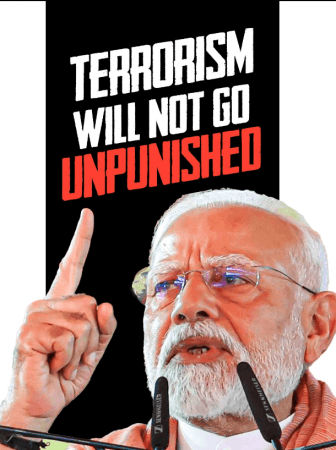
"India will identify, trace, and punish every terrorist and their backers. We will pursue them to the ends of the Earth," were the words of Indian Prime Minister Narendra Modi in his first public address after the Pahalgam attack on April 22. The days following the terror attack on Indian soil were tense and filled with a wave of emotions. Indians were fuming at the audacity of the terrorists. But then, one short phrase shared by the Indian Army at around 2AM on May 7 became the most comforting words. "Justice is served," tweeted the Indian Army.
At the stroke of midnight, while much of the world slept, India acted — with resolve, restraint, and razor-sharp precision. Operation Sindoor, India's counter-terror strike in retaliation for the deadly and cowardly Pahalgam terror attack, wasn't just a military maneuver; it was a calibrated message — that the blood of innocents will not go unavenged, and that the perpetrators of terror, no matter how deep they hide, will be found.
Following the April 22 Pahalgam terror attack, where 26 civilians — including one Nepali national — were massacred by PAK-backed terrorists, the Indian Army executed a surgical response, hitting nine high-value terror camps deep within Pakistan and Pakistan-occupied Kashmir (PoK). This was not a blind escalation but a targeted operation based on credible intelligence, ensuring no civilian, military, or economic infrastructure in Pakistan was harmed.
The mission was meticulously planned and personally overseen by PM Modi, who monitored the operation throughout the night in coordination with top military and security leadership. His hands-on approach underscores the weight the Indian state now places on decisive justice rather than diplomatic ambiguity.

Every little detail in Operation Sindoor had a deeper meaning. And conveyed a strong message to Pakistan.
As the sun rose, India didn't just release a statement — it unveiled a powerful narrative. Two women officers — Wing Commander Vyomika Singh and Colonel Sofiya Qureshi — led the media briefing, offering a rare but fitting symbol of resilience and retaliation. Their presence was no coincidence. Operation Sindoor, named after the symbolic red mark worn by married women in India, was a tribute to the widows of those killed in Pahalgam. It was also a message to terrorists and their backers: India's resolve is not gendered, it is national.

The visuals they presented were chillingly precise — direct hits on terror camps, including those associated with Lashkar-e-Taiba and Jaish-e-Mohammad, groups long known to operate with impunity from Pakistani soil. Sites in Muridke and other PoK areas were neutralised in 24 missile strikes, hitting at the very roots of cross-border terror.
This is not India's first foray into proactive defense—Uri, Balakot, and now Sindoor — but it may be one of the most strategically balanced. It delivered a strong message without provoking full-scale escalation. It prioritized justice over vengeance and action over optics.
In the background of the briefing, a haunting reel reminded the world of India's tragic familiarity with terror: Parliament (2001), Akshardham (2002), Mumbai (2008), Uri, Pulwama, and now Pahalgam. A montage of national pain that ended with the words: "No More" — followed by "Operation Sindoor."

India's strike wasn't just about military might; it was about moral clarity. The line has been drawn. For too long, India has mourned while others offered condolences and carried on business as usual. With Operation Sindoor, India has flipped the script — mourning is now coupled with measured retribution.
Let there be no doubt: India will not escalate without cause, but it will not tolerate provocation without consequence. And there's no escaping for the enemies of this resilient nation, even if it means to "pursue them to the ends of the Earth."
Jai Hind.

















